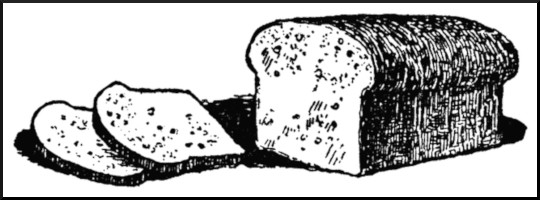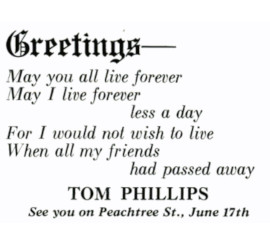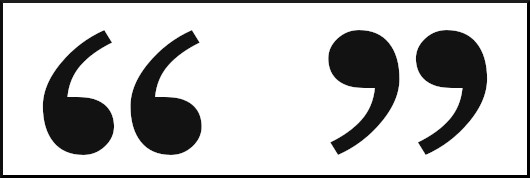W. Somerset Maugham? John Colton? Clemence Randolph? Apocryphal?
Question for Quote Investigator: As a high school student I came across a wonderful zinger spoken to a self-important individual. I cannot recall the exact wording, but it was something like this:
I perceive, Sir, you have a sufficiently good opinion of yourself that you can bear mine with equanimity.
Would you please help me to trace this expression?
Reply from Quote Investigator: In 1921 W. Somerset Maugham published the short story “Miss Thompson” in “The Smart Set” magazine.1 Within the tale a missionary, Reverend Alfred Davidson, believed that he could change the behavior of a prostitute, Sadie Thompson, but he dramatically failed in the task. The quotation was spoken during a dialog between Davidson and the character Dr. MacPhail. The tale has been reprinted many times under the title “Rain”.2
“Please don’t bear me malice because I can’t accede to your wish,” said Davidson, with a melancholy smile. “I respect you very much, doctor, and I should be sorry if you thought ill of me.”
“I have no doubt you have a sufficiently good opinion of yourself to bear mine with equanimity,” he retorted.
Below are additional selected citations in chronological order.
Continue reading “Quote Origin: I Have No Doubt You Have a Sufficiently Good Opinion of Yourself To Bear Mine With Equanimity”




